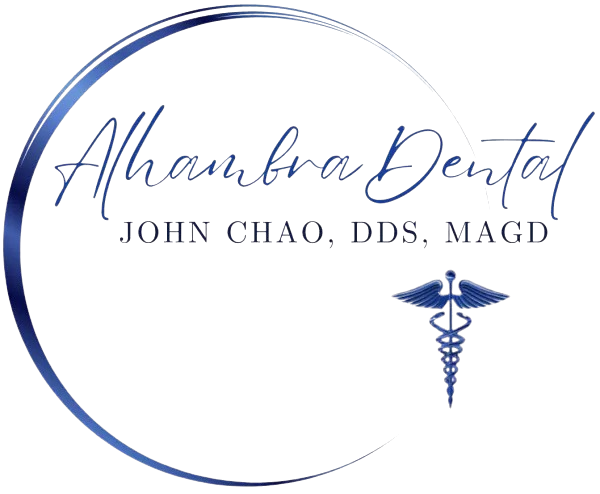A swarm of micro-robots, directed by magnets, can break apart and remove dental biofilm, or plaque, from a tooth and potentially treat gum disease, infected implants and prevent tooth decay, according to a report published in Science Robotics at the School of Dental Medicine and the Edward Steager School of Engineering and Applied Science.
A team of engineers, dentists, and biologists from the University of Pennsylvania developed a microscopic robotic cleaning crew. With two types of robotic systems — one designed to work on surfaces and the other to operate inside confined spaces — the scientists showed that robots with catalytic activity could ably destroy biofilms, sticky amalgamations of bacteria enmeshed in a protective scaffolding. Such robotic biofilm-removal systems could be valuable in a wide range of potential applications, from keeping water pipes and catheters clean to reducing the risk of tooth decay, endodontic infections, and implant contamination.
Presently “teeth cleaning” and “deep cleaning” is basically manual removal of biofilm and its end products. These dental procedures are labor intensive and costly. Micro-robotics may be a means of providing the same essential service in a cost effective and minimally invasive manner.
Using the robotic technology, the dentist can use magnets to direct “iron-oxide-containing nanoparticles” to breakdown plaque (biofilm) under the gums better than with using instruments. This method, called catalytic antimicrobial robotics (CAR), can more effectively kill bacteria than the traditional techniques and, also remove the debris with precision. CAR may be able to reach areas on tooth surfaces that are hard to reach, such as dead spaces between multi-rooted teeth, such as molars. The capacity of CAR to expeditiously remove the leftover debris would be an additional improvement over the manual method.
Changes in dental treatment are coming, but don’t hold your breath. It may be some time yet before CAR becomes widely available.
So, continue to see your dentist for routine checkups and treatment


